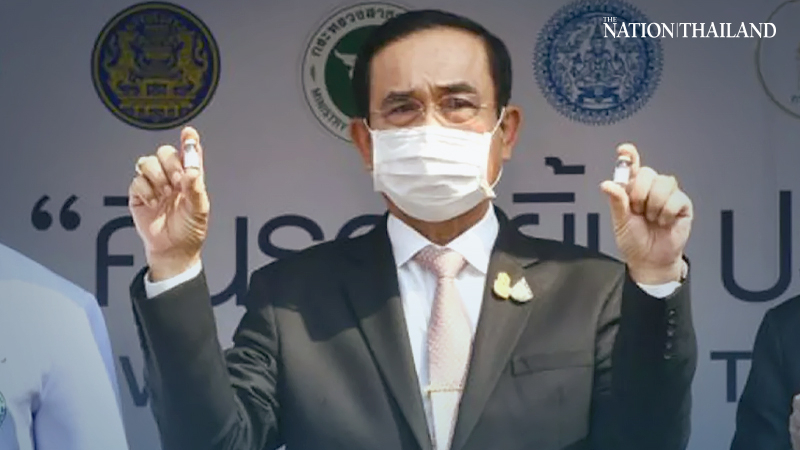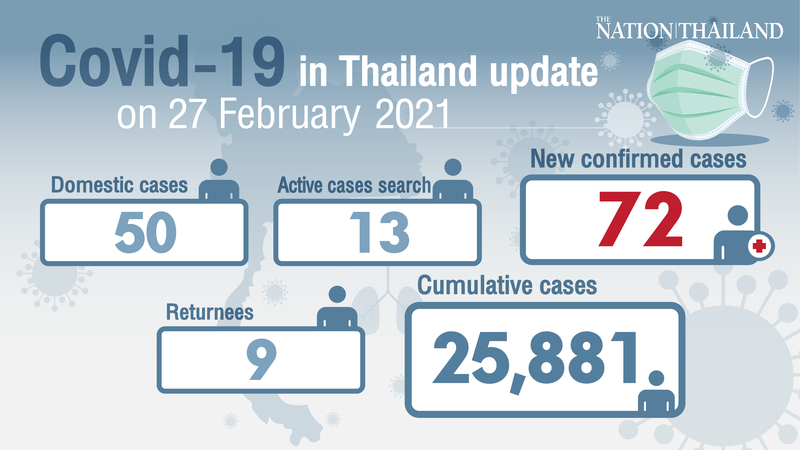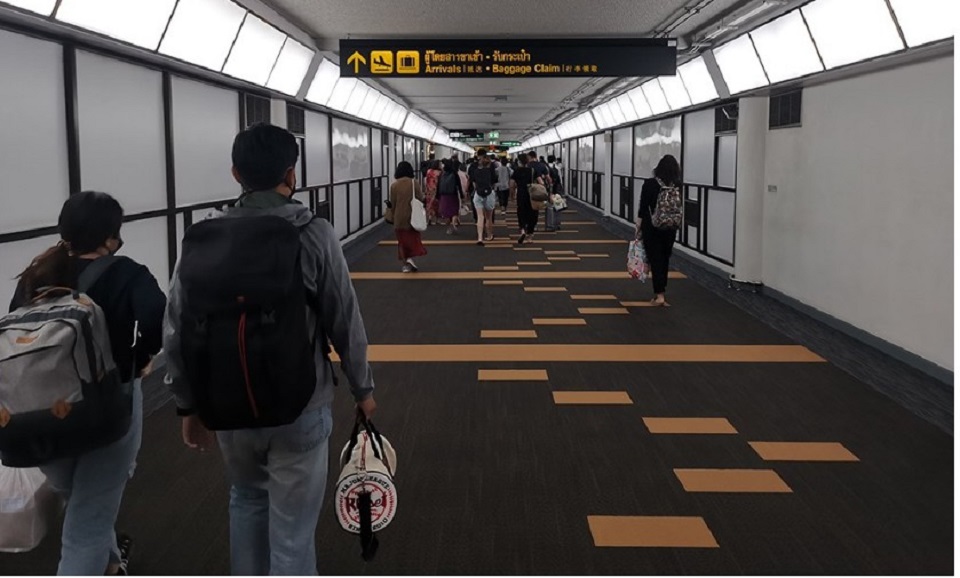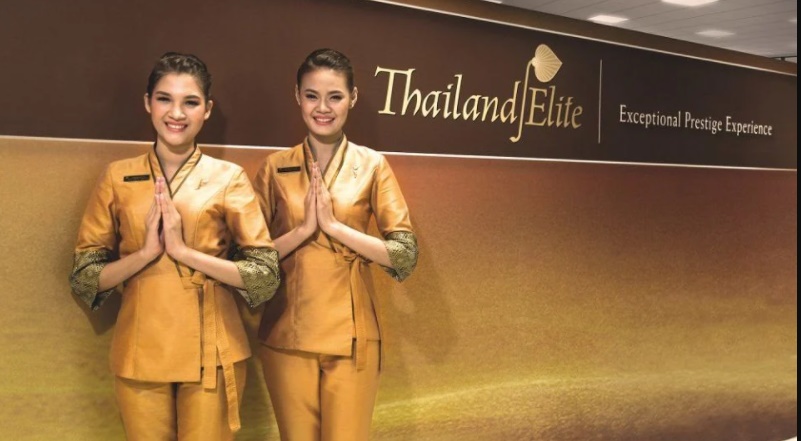
The Thailand Privilege Card Company has now stepped up its recruitment campaign to try and attract long-term retirees in addition to frequent-visit business people. The latest promotional material for the Elite visa emphasizes that applicants don't need general medical insurance which is required "for the retirement visa."
Thai embassies worldwide are now stating that any kind of visa issued for retirement, be it an "O" or an annual "O/A" or a ten year "O/X" now requires general medical insurance worth at least 400,000 baht inpatient and 40,000 baht outpatient. This is in addition to the Covid insurance required for all visas requiring approval by a certificate of entry in the country of departure. However, Covid insurance is easily available online for anyone without the infection aged 0-99 years.
Holders of "O/A" and "OX" visas since 2018 have also needed that general medical insurance when renewing or extending their visa at Thai immigration. A loophole at the moment exists for existing retirees with an original "O" visa who do not require it when applying for an annual extension of stay. But these "exempt" visa holders cannot leave the country simply with a re-entry permit as they will need a certificate of entry from the Thai embassy and fall under the all-embracing regulations referred to in the previous paragraph of this article.
The problem for many retirees is that their age or health record precludes them from obtaining general medical cover and they rely on personal cash reserves. Thai health insurers usually refuse to accept new customers over 70 or require a detailed pre-enrolment health examination and/or multiple exclusion clauses. Some Thai authorities refuse to accept foreign-based insurance policies which is an added complication. It's all a mess to say the least.
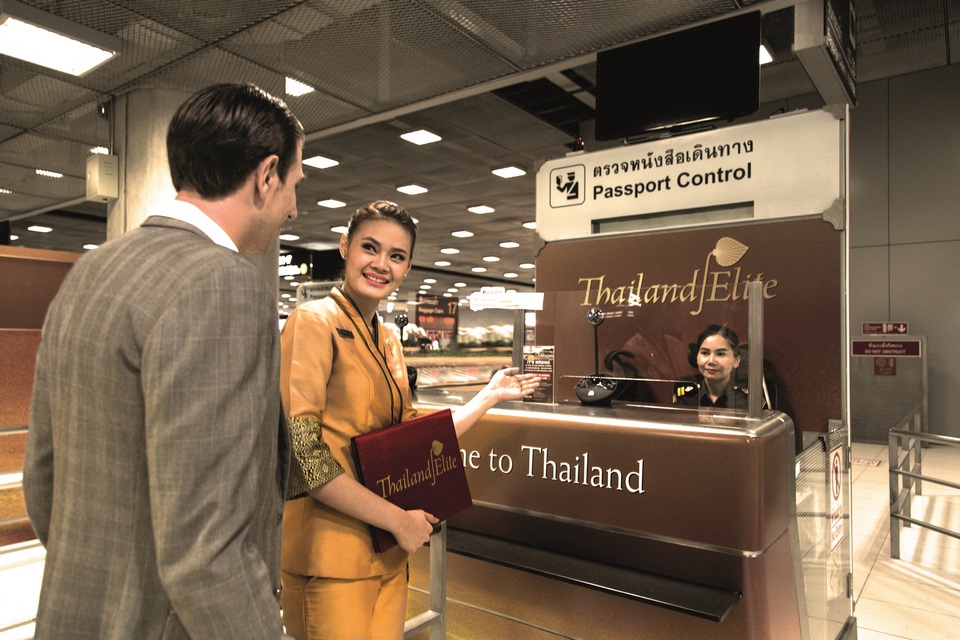
The Thai Elite card, by emphasizing that such insurance is unnecessary for its customers, is clearly recruiting amongst worried expats who fear they won't be able to renew or can't leave the country and return, or all of the above. The most popular Elite option – and there are many – is to pay 600,000 baht for a five year permit with multiple-entries built in. However, holders still need to report every 90 days at an immigration bureau and receive an annual update from the Thai Privilege agency.
Other attractions of the five-year Elite, according to the website, are cash discounts at participating businesses, fast-track immigration and no requirement ever to report to Immigration to prove money in the bank after enrolment in the program. There are also more expensive variants of Elite which can include family members, a 10 or 20 year permission and even incentives for property buyers. No work permit is required for business travellers in some versions of Elite.
It is true that foreigners aged 50 and above have other routes to retirement status in Thailand. The one year visa based on marriage does not require general medical cover. It is still possible to enter Thailand with a 60 day single-entry tourist visa or a visa exempt 45 days – requiring only Covid cover – and then convert it to an "O" non-immigrant visa and annual extensions of stay. But the problem remains if they want to leave the country and return.











